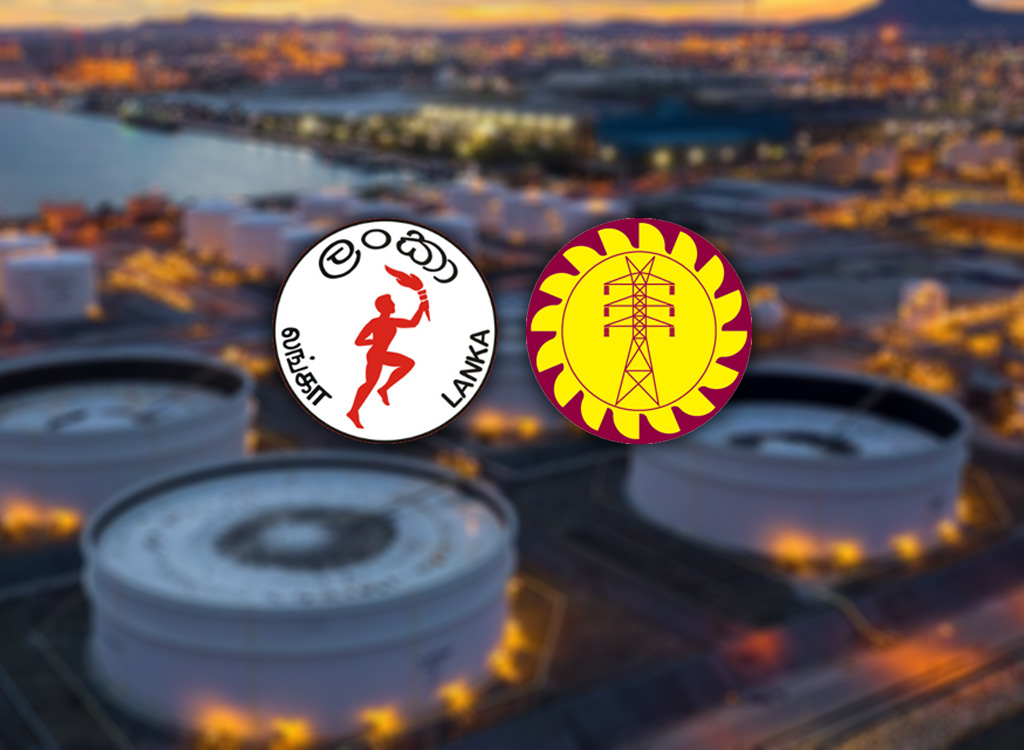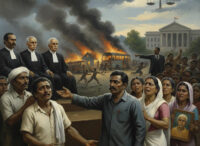A growing rift between the Ceylon Electricity Board (CEB) and the Ceylon Petroleum Corporation (CPC) over fuel procurement is threatening the stability of Sri Lanka’s power generation, as the CEB pushes for competitive bidding to reduce costs—an effort the CPC is resisting.
According to a report by The Sunday Morning, the CEB has formally requested the Ministry of Energy to authorise competitive international bidding for thermal fuel procurement, citing rising costs, lack of transparency, and the CPC’s monopoly pricing as key drivers behind electricity tariff hikes.
In a confidential letter, now confirmed as authentic by CEB Media Spokesman Dhammike Wimalaratne, the CEB’s Thermal Complex engineers allege that the CPC imposes arbitrary price hikes, such as a recent Rs. 10 increase per litre for both naphtha and heavy fuel oil (HFO), despite having capacity to supply at lower rates.
“The public wrongly assumes the CEB is responsible for tariff hikes,” the letter states. “In reality, the main cause is the CPC’s pricing model, which lacks public visibility and passes inefficiencies onto the CEB and, ultimately, electricity consumers.”
The letter, addressed to top energy officials including the Ministry Secretary Prof. Udayanga Hemapala and the General Manager of the CEB, also criticises the CPC for supplying lower-grade diesel at the same price as higher-quality auto diesel available to the public.
However, efforts to introduce competitive bidding have reportedly met stiff resistance. During a meeting at the Ministry of Energy in July, CPC management warned that allowing the CEB to purchase fuel from other vendors would risk suspension of supply and access to vital infrastructure like pipelines and port facilities.
In response, CPC Managing Director Dr. Mayura Neththikumarage denied blocking the process but insisted on clear boundaries. “The CPC is not a charity organisation. If they want to procure from other vendors, then the CPC cannot be held responsible,” he said.
He also dismissed pricing comparisons with international benchmarks, citing regional cost variations and the complexity of fuel pricing mechanisms.
The dispute underscores growing tensions within Sri Lanka’s energy sector as it grapples with cost control, transparency, and governance reforms amid a fragile economic recovery. The CEB’s letter has now been escalated to the highest levels of government, including the Finance Ministry, the Presidential Secretariat, and the Central Bank.
As the standoff deepens, the risk to uninterrupted fuel supply for power generation looms large—raising concerns about energy security and further price shocks for consumers.











Leave a comment